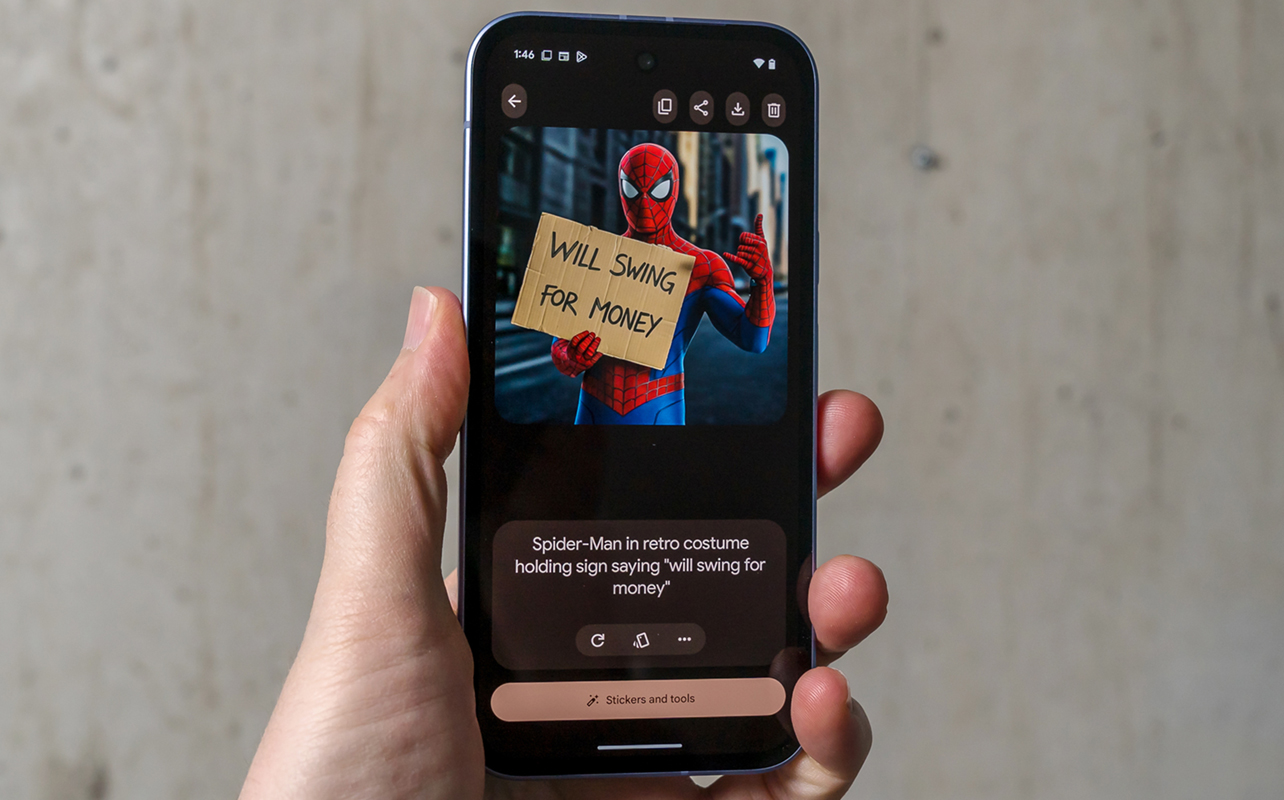
You’re a student and you want the best phone when you head back to class. That’s totally understandable but what qualifies as the “best” in this instance is pretty personal. No one phone or brand fits all, especially when budget, compatibility, and availability are all important factors to consider when making a choice.
Rather than pick specific devices, another way of looking at this is what type of phone we’re talking about. You don’t always have to go the flagship route if you don’t need or want to to find the best smartphones for students. This guide is to help give you some context on what’s available and what to keep in mind before you make the call.
Why students need a different buying checklist
As a student, shopping for a phone isn’t the same as it is for everyone else, like a working adult. When specific priorities must meet a tighter budget, you have to find the best balance between those two factors.
Budget constraints and 0% financing
Let’s start with affordability because that’s where everything really begins and ends. It’s hard to justify paying an exorbitant amount for a new phone when tuition and other student expenses take priority, so it’s worth looking at the right approach. One way is to consider BYOD (Bring Your Own Device) plans as a way to take one expense out of the equation, which is the device itself. If you’re using an existing or second-hand phone, you don’t have to worry about paying off the carrier subsidy on a new phone. For those sharing plans with family or roommates, multi-line discounts can further lower the overall cost while avoiding long-term contracts.
Longevity (OS/security updates)
It’s also worth thinking long-term. Devices that receive regular OS and security updates are a smarter investment if you plan to use your phone for at least four years. Apple typically supports its devices for about five to six years, while newer Pixel and Samsung phones offer security updates for seven years. That kind of longevity means fewer replacements and better resale value down the line.
Durability
Durability also matters because you naturally want it to last. Phones with plastic back panels may not feel as premium, yet they may handle accidental drops better than glass models. Either way, budget in a case for your phone to add an extra layer of protection.
Battery life
Who doesn’t want battery life to last throughout a day? Any phone you’re considering should at least have a 4,500mAh battery to comfortably get you through a day of classes, lectures, studying, and commuting.
Storage
The first thing to go is storage, in some cases. Apps only continue to get bigger, and the more you record lectures, download files, manage projects, and take countless photos and video, the more space you need. While 128GB has been the baseline for the last couple of years, 256GB is creeping in as the new floor.
Price
Most phones fall under three tiers with some overlap. Phones under $300 are best for those on a very tight budget who need a basic, functional device. The sweet spot for most lies in the $400–$600 mid-range, where you get modern performance and better software support. If you have more to spend—or want a premium phone that will last throughout your degree and beyond—anything above $700-$800 can offer a futureproof experience with premium features and extended longevity.
Best types of phones for students

Best all-around value
For students who want an all-around reliable phone without blowing their budget, devices like the Pixel 8a or Nothing Phone (3a) hit the mark. These phones straddle the line between affordable and mid-range, yet are powerful enough for daily use, with strong battery life, clean software, and years of security updates. They can handle just about anything and will last for a long time when you take care of them.
Best for Apple users
Apple fans who don’t need all the latest bells and whistles will do just fine with the iPhone SE (2022) or a slightly older iPhone 13. These devices continue to receive the latest iOS updates and deliver a consistent experience. It also doesn’t hurt that iPhones tend to hold their resale value better than most. Going this route makes sense if you’re already tied into the Apple ecosystem with a MacBook or iPad.
Best budget option
A tighter budget won’t mean you’re out of the running. Moto G phones and the Samsung Galaxy A14 offer excellent value under $400. Measure your expectations because they’re not going to match flagship-level speed or camera quality, but they handle everyday tasks like messaging, social media, and school apps just fine. They can also hold up well on battery life as an added plus.
Best battery life
Battery life is always important for just keeping on over the course of a day, and that’s where brands like OnePlus and Motorola tend to stand out. The OnePlus Nord N30 and Motorola Edge (2024) both have 5,000mAh batteries that can go well over 24 hours on a single charge.
Best for online learning
Students focusing heavily on online learning, video calls, and multitasking will appreciate devices built for more robust multimedia. A wide range of phones can fall under this category because larger screens tend to be the biggest requirement. If you want a device with a screen that’s 6.5 inches or bigger, then break it down by price and other criteria to see what might be worth your while.
Premium but long-lasting
That also goes for something premium that truly goes the distance, where the likes of devices like the iPhone 15, Samsung Galaxy S24 FE, OnePlus 12, Nothing Phone (3a) Pro, and Pixel 9 stand out. You do pay more for them upfront but you also get more features with better performance and cameras. Hard to say no to that as a student when you just want to buy a device and stick with it for a few years.
Smart ways to save as a student
Stretching your budget requires going in with a strategy. Start out by checking if your current phone is eligible for a trade-in. You might be surprised at how much value you can get from an older model—especially one in good condition—toward a new device. You get better deals for unlocked phones, which extends further when you go for a BYOD plan with a carrier to skip the contract and save on your rate every month.
Another smart move is to look for certified refurbished or open-box phones. These can be 20–40% cheaper than buying brand-new and are often backed by warranties that usually cover the device for 12 months. Apple is particularly known for its refurbishing program, though warranties may not last as long as with other brands.
Take a good look at student-exclusive deals to see if there’s something good there. Sites like UNiDAYS and SPC offer access to limited-time offers, bonus data, and even bill credits when you verify your student status. Combine those with auto-pay discounts and you could be looking at significant monthly savings.
FAQ
Is iPhone or android better for students?
It depends on your existing devices, budget, and preferences. If you already use a MacBook or iPad, an iPhone makes sense for seamless integration, though Android can work quite well when you have the right apps to bridge any gaps. Android also offers more options at lower price points and is often the better choice for students looking for maximum value
What’s the best phone under $300?
It’s hard to call a single phone “the best” under a certain price point. There are several options that could be the “best” for you and your needs. The important thing to remember is that you can broaden the scope of your options by considering refurbished and open-box devices that can fall under that ceiling.
Do students need 5G?
Not necessarily. Sure, 5G is nice to have given how fast it is for streaming and tethering but it’s not essential for most students. You can still get plenty of speed with 4G LTE connections that are capable of handling everyday tasks just fine. Plus, if you have good Wi-Fi at school, you may find you won’t really notice the lack of 5G anyway.
Are refurbished phones a good idea?
Yes, if you buy one from a reputable and trusted source. Refurbished phones are always cheaper and better for the environment because they won’t go to landfill while still totally functional. The key is to make sure there’s certification and a good warranty to avoid unwelcome surprises.
Bottom line and next steps
You have enough to be on top of as a student as it is to agonize over choosing the right phone. Following these guidelines will clarify the path to get there and pick something that matches your particular wants and needs. With trade-ins, BYOD flexibility, and refurbished options available, you have options that can keep more of your own money in your hands. Half the battle is knowing where to look to make the smartest choice for you.
Explore student phone deals.
Compare unlocked vs BYOD options.
Shop accessories made for campus life.





